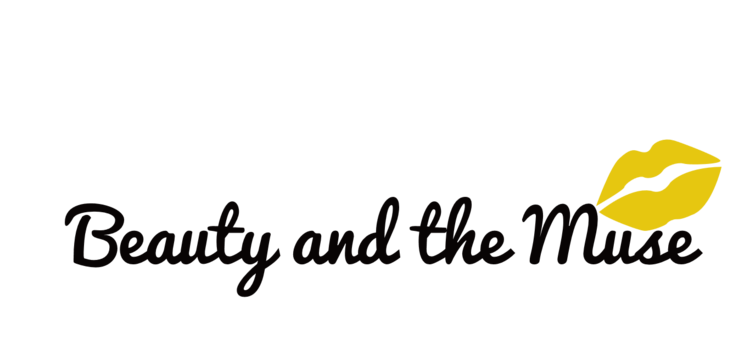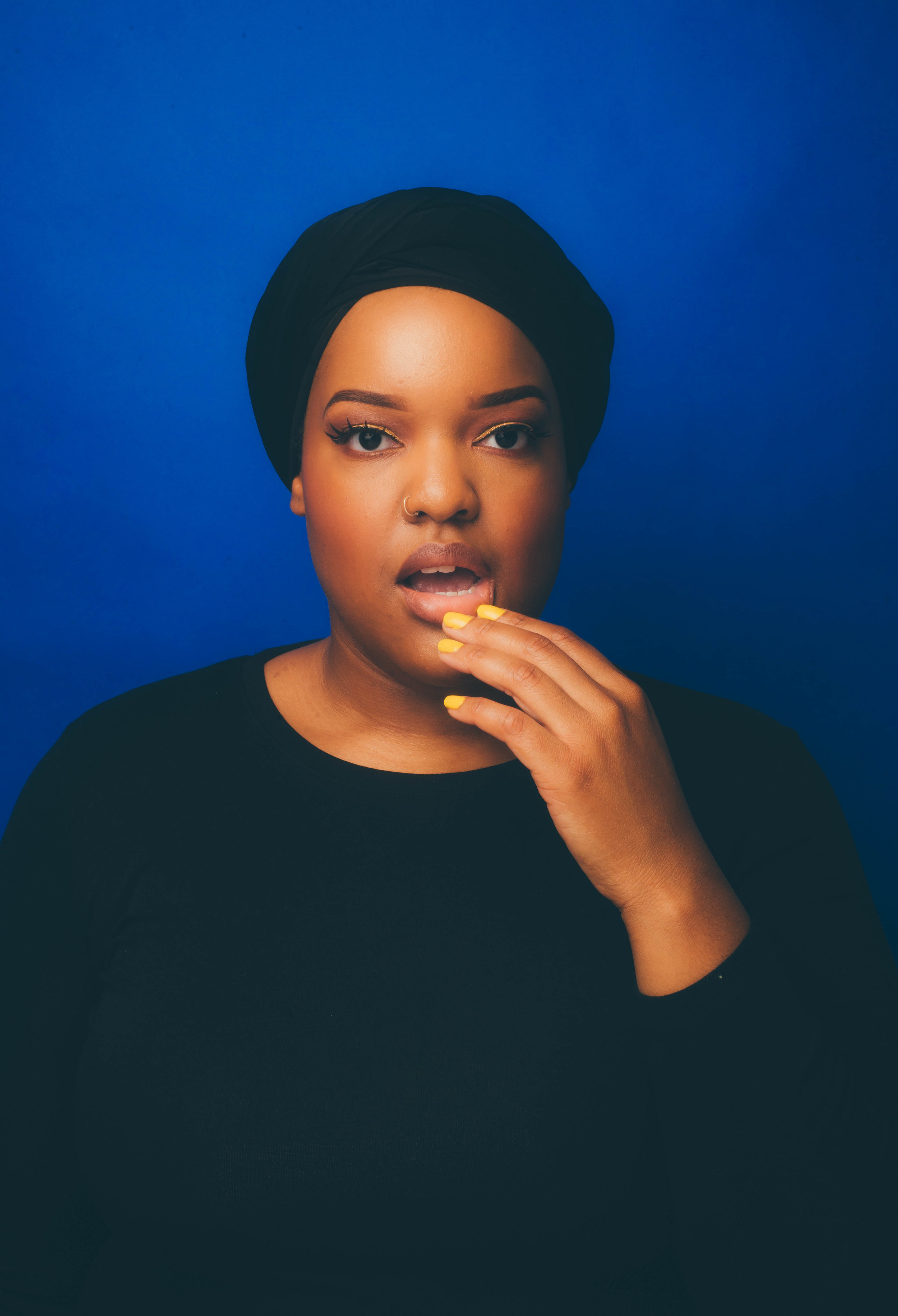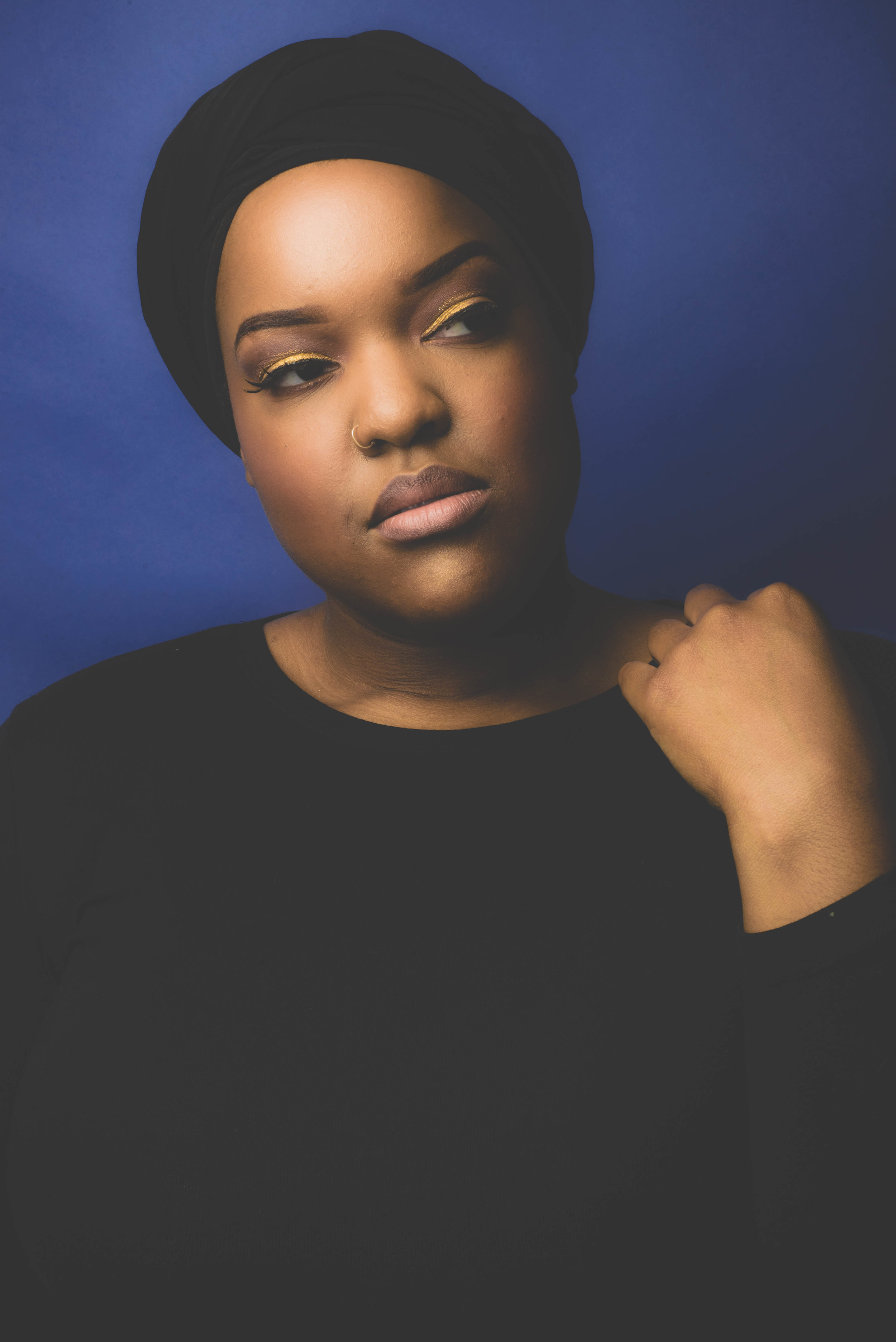Because my platform is so diverse, I never want to feel preachy or overbearing. That Muslim girl who forces her religion on you. I’ve met Muslims who are constantly trying to force their beliefs on others and it becomes tiring and honestly, annoying. So, I’m very careful about what I share when talking about my spirituality.
Since we’re in the holy month, I’ve shared some stories about my relationship with Ramadan over the past years and how I tackle it now.
I had no idea that people, non-Muslims and Muslims, would be so interested in fasting and my experience with Ramadan. The conversations were heavy.
I talked about how everyone is so happy when Ramadan comes around. You’ve got the Ramadan Mubarak memes and the smiling faces in pastel hijabs and the religious Facebook statuses with ayats from the Quran.
Ramadan is such a perfect time for perfect Muslims to fast and everything just seems so easy.
No one talks about how Ramadan can be not so easy for others who are converts who have been banished from their families for accepting Islam or people who don’t live near mosques or other Muslims who have to break fast alone every night. No one talks about Muslims who are having physical ailments and feel low because they are unable to participate in Ramadan fully or how a woman on her period has to constantly defend her reasons for not fasting to the Haram Police. No one talks about Muslims who have eating disorders, triggered by fasting or the ones suffering from mental illnesses. Like me.
Last year, when my divorce was still fresh and my mental health at an all-time low, I told my friend that I wasn’t participating in Ramadan. I hadn’t seen the point in it. All I saw were fake people trying to be holy for 30 days then become the same sucky people after it was over, after they were done playing super Muslim.
She told me that it was my choice to participate or not. But, then she added, that my Ramadan wasn’t for other people. It wasn’t for the Muslims who judged me or my ex or to show everyone how good of a person I was because I abstained from food and water and curse words during the daylight hours. She told me that my Ramadan was for me.
I went home and thought about what she said. She was absolutely right, and at that moment, I figured out that all those prior years, I had always been fasting to appease others. I had wanted to seem like the perfect, law-abiding Muslim that I lost track of what Ramadan was really about: self-reflection through prayer, gratefulness to our creator, and centering oneself.
It was never about perfection but embracing one’s uniqueness in imperfection.
We’re a week into Ramadan, and I’ve missed some days of fasting already. This morning, I was determined to wake up early enough to make suhoor (pre-dawn meal before fasting), read the Quran, and pray.
Prayers in Islam are integral. It’s a time where we mediate, keep in remembrance of our blessings, and ask.
Usually when I pray, I ask for general things for other people and I always leave myself out. As dumb as this may sound, I don’t believe that I deserve to ask for anything. So, I don’t.
But, Ramadan is the best time to ask and reflect.
I sat on my prayer rug that was once collecting dust and spoke out loud. I asked for the heaviness to be lifted. For a means to continue my art without struggling financially. I asked for a peace of mind. Forgiveness for any messed up stuff I’ve done to my body and to others.
After that, I gave thanks. For having working limbs, a mouth to speak, access to food, opportunities just laid in front of me. I’m not the richest or the smartest or the best, but I’ve done things most haven’t. Tears streamed down my eyes. Not sad ones but happy ones as I rejoiced. That the things that happened, good and bad, had been written for me way before I was born.
But, I always had a choice.
So, when I’m fasting and experiencing hunger pangs, when I’m feeling like I cannot go any further, I know that I can go further.
How’s your fast going?
Xoxo,



